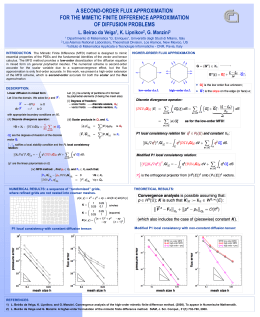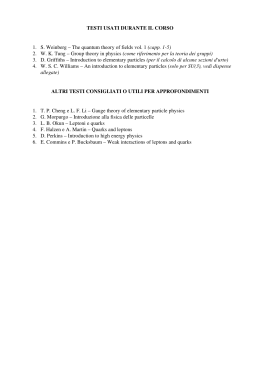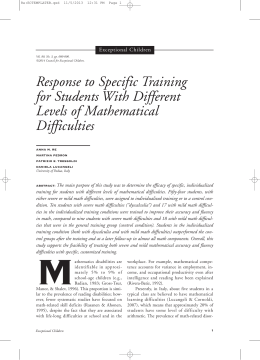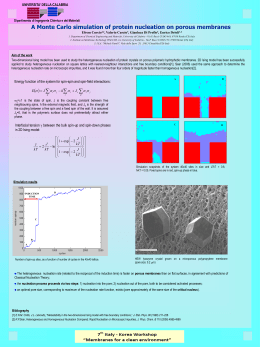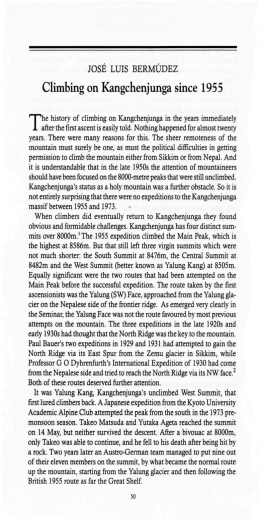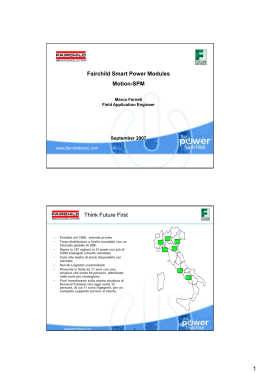IL SISTEMA DI CALCOLO MODULARE ERANOS (EUROPEAN REACTOR ANALYSIS OPTIMIZED SYSTEM) ECCO CELL CODE 1 2 Cross section calculations • ECCO (European Cell COde) is the CELL code. It allows to calculate the cross sections used in a core calculation (thanks to the Pij method). • First, you shall create the media (homogeneous regions, physical description, concentrations of the different isotopes, expansion coefficients and the geometric description of the CELL which is the basis element to construct a core) • Then, the cross sections are calculated by using the defined media and the nuclear libraries by means of the collision probability method. An ECCO calculation corresponds to a succession of STEPs. Each STEP defines an independent calculation. • For each step you can choose: The energy structure The geometry (heterogeneous or homogeneous) The processing of the flux or the balance (buckling, leakage processing) The nuclides that are shelf-shielded 3 Cross section calculations • Many modules to condensate, homogenize or deconvolute (i.e. expand from broad to fine group structure) allow the steps to be linked. • Unless otherwise stated (by specifying an input library), a STEP will use cross-section data issued from the previous step (if any). • A STEP uses flux data issued from the previous STEP (if any) to initialise its own flux calculations. • A route is a recommended way to perform the ECCO calculation. The first route is the reference route that does not worry about the time calculation. The second route is the project route in which some simplifying hypotheses are made (the error is still under control regarding the reference calculation). • The reference route treats the heterogeneous cell at the fine group level (1968 groups). Project (or design) route treats the elastic slowing down in a homogeneous geometry but at the fine group level (1968 groups) and the self-shielding in a heterogeneous geometry at the broad group level (33 groups) 4 5 6 7 8 9 10 11 Example of an heterogeneous step in fine groups (part of the ECCO call sentence) of a hexagonal fuel S/As 12 13 14 15 16 17 18 19 20 Deconvoluzione Talvolta può capitare che nell’effettuare un calcolo in struttura fine si debba utilizzare una grandezza il cui andamento è noto in una struttura larga. La deconvoluzione non aggiunge alcuna informazione supplementare al dato a pochi gruppi, serve solo a consentire l’utilizzo in calcoli a molti gruppi. 21 22 23 24 25
Scaricare



